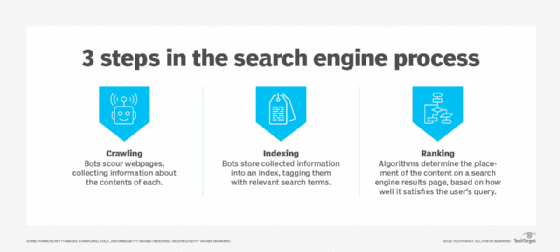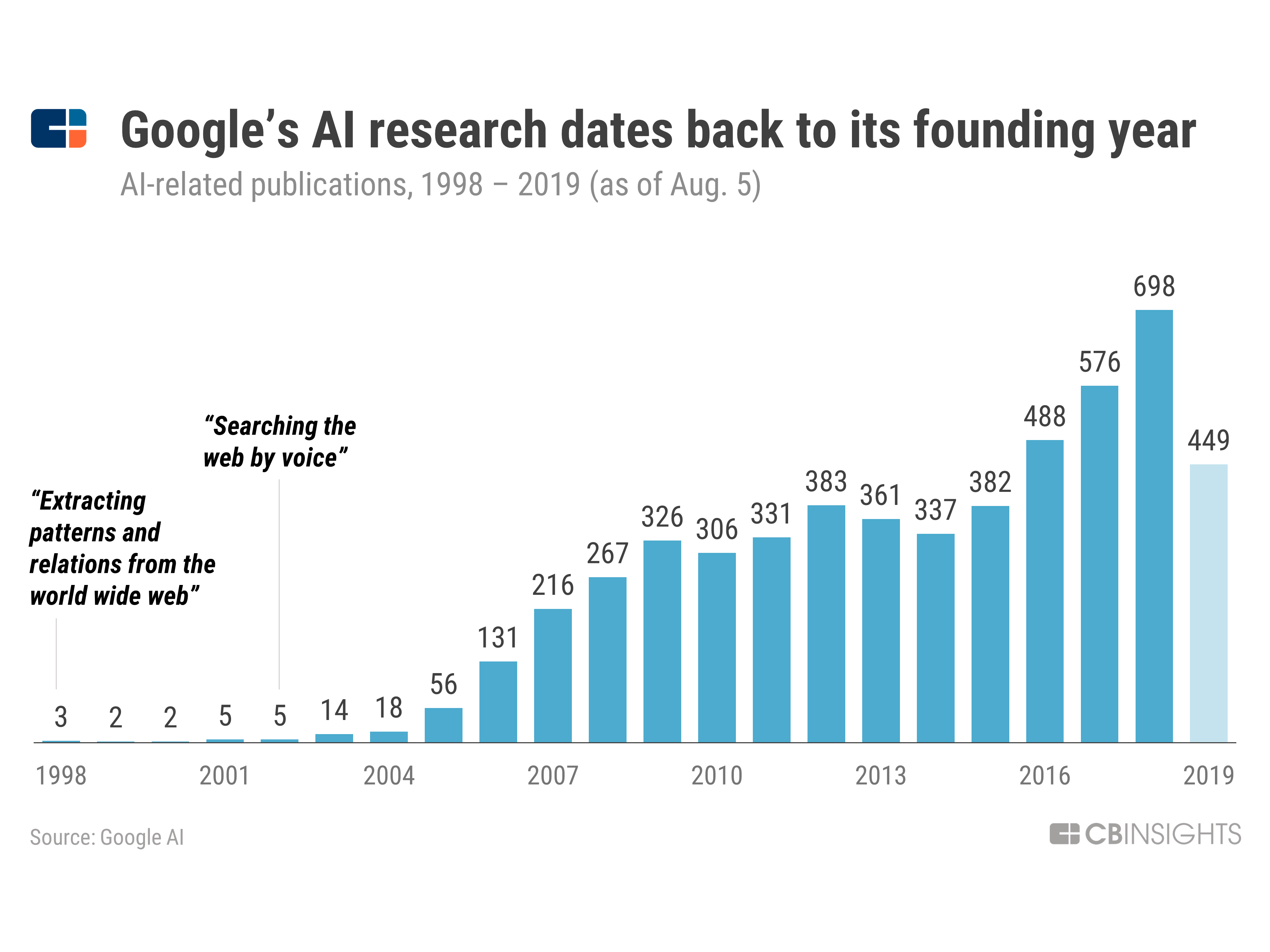11 Best Artificial Intelligence Search Engines
The advent of artificial intelligence search engines marks a significant shift in how information is processed and delivered to users. Unlike traditional search engines that rely on keyword matching, artificial intelligence search engines employ sophisticated algorithms to understand the context and intent behind user queries. This advanced approach allows for a more nuanced and personalized search experience, catering to the specific needs of everyone. The integration of machine learning and natural language processing means that these engines can learn from user interactions, continuously improving the accuracy and relevance of search results. As a result, artificial intelligence search engines are not just a technological innovation; they represent a new frontier in the quest for knowledge and information discovery.
Enhanced Search Experience
In today’s data-driven world, the volume of information available online is staggering, and it continues to grow exponentially. Traditional search engines, while effective to a certain extent, often fall short when it comes to understanding the complexities of human language and delivering precise results. This is where artificial intelligence search engines come into play. They are designed to go beyond simple keyword searches, instead analyzing the semantics of queries to provide results that are contextually relevant and tailored to the user’s intent.

This level of personalization is crucial in an era where time is of the essence, and users expect immediate and accurate information at their fingertips.
Multi-Media Content Processing
Moreover, the ability of AI search engines to process and interpret multimedia content, such as images and videos, further underscores their necessity. They can recognize objects, themes, and sentiments within visual content, making them indispensable tools for industries ranging from healthcare to retail, where visual searches are becoming increasingly common.
Understanding User Intent
Artificial Intelligence search engines represent a significant leap forward in how we find information on the internet. At their core, these engines use sophisticated algorithms and machine learning techniques to understand, interpret, and predict what users are searching for.

Unlike traditional search engines that rely heavily on keyword matching and manual indexing, AI search engines learn from data.
Personalized Search Results
The process begins with the AI understanding the context of a query. Natural Language Processing (NLP) allows the engine to grasp not just the keywords but the intent behind a user’s search. This understanding enables the AI to sift through vast amounts of data to find the most relevant information.
Key Factors in Choosing an AI Search Engine
Choosing the right Artificial Intelligence search engine for your needs involves considering several key factors. The first aspect to consider is the engine’s understanding of natural language.

The ability to interpret and process natural language queries accurately is crucial for delivering relevant search results. Look for an engine that demonstrates a strong capability in Natural Language Processing (NLP).
Another important factor is the search engine’s learning capability. A good AI search engine should not only provide accurate results but also improve over time. It should learn from user interactions, adapting and refining its algorithms to better understand and predict user intent.
Personalization features are also vital. The engine should be able to tailor search results based on individual user behavior, preferences, and context. This ensures that the information presented is not just accurate but also relevant to the specific needs of the user.
Speed and efficiency of the search engine are also critical. In today’s fast-paced world, users expect quick responses to their queries. An efficient AI search engine should be able to sift through vast amounts of data and deliver high-quality results in a timely manner.
Lastly, privacy and data security should not be overlooked. As AI search engines often collect and analyze user data to improve their services, it is essential to choose an engine that respects user privacy and has robust security measures in place to protect sensitive information.
Conclusion
In summary, when choosing an AI search engine, it is important to consider its natural language understanding, learning capabilities, personalization features, speed, and commitment to privacy and security. These factors will help ensure that the search engine not only meets your immediate needs but also provides a platform for efficient and secure information discovery in the long term.










